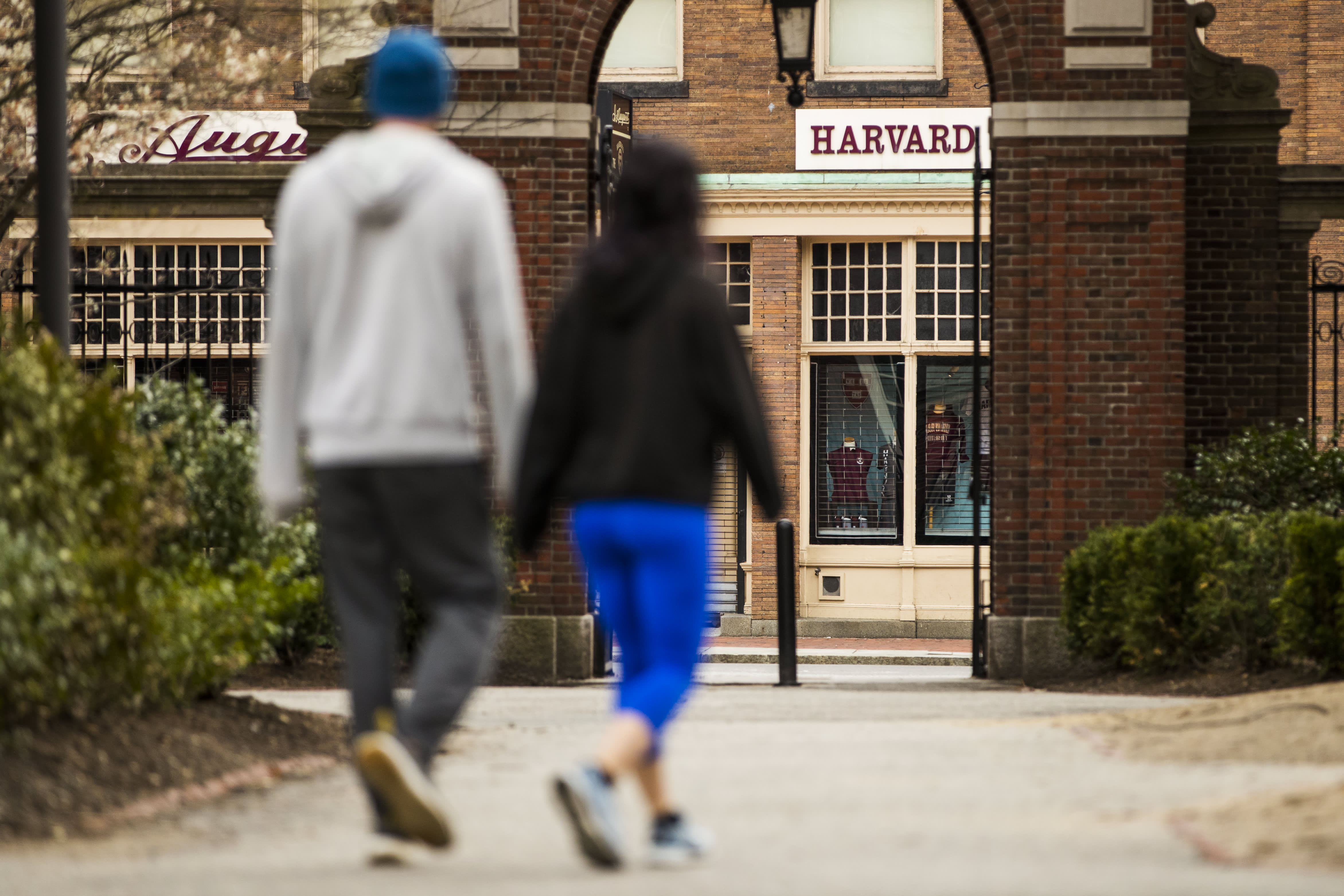Pedestrians walk through Harvard Yard on the closed Harvard University campus in Cambridge, Massachusetts, U.S., on Monday, April 20, 2020.
Adam Glanzam | Bloomberg | Getty Images
“Many schools are tuition-dependent,” said Robert Franek, editor in chief of The Princeton Review and author of “The Best 385 Colleges.”
“That really does change their financial make up for next year and beyond.”
In fact, 4 in 10 parents now say the Covid-19 crisis may prompt their children to delay going to college, according to one study commissioned by Brian Communications.
“Parents of graduating [high school] seniors have deep concerns connected to this outbreak that could threaten the long-term viability of institutions if they don’t respond in the near term,” said Brian Tierney, CEO of Brian Communications.
Adding to the burden is the likelihood that fewer international students will enroll in U.S. schools for the upcoming academic year.
Restrictive student visa policies and changing attitudes about studying in the U.S. will inevitably hamper the flow of foreign students, who often pay full tuition and contributed nearly $41 billion to the national economy in the 2018-2019 academic year, according to NAFSA: Association of International Educators.
On top of that, colleges must forgo much of the revenue from summer programs, many of which are already canceled or moved online.
And then there is the blow to endowments, as many families take a financial hit from a stagnant economy, resulting in a decline in giving.
“People’s ability to give has decreased, and people’s need has increased,” said Allen Koh, CEO of Cardinal Education, a California-based tutoring, test-prep and college admissions firm.
“Colleges are getting hit in every single way,” he said. “The financial devastation is going to be huge.”
The financial devastation is going to be huge.
Allen Koh
CEO of Cardinal Education
Budget shortfalls will cause colleges to cut staff and scale back their financial aid offerings, Koh said. (Already, universities have furloughed thousands of employees and announced revenue losses in the hundreds of millions, according to the Chronicle of Higher Education.)
Or they will be out of business entirely.
A number of smaller colleges and universities were struggling financially before Covid-19, said Julio Martinez, executive director of the ScholarShare Investment Board, which administers ScholarShare 529, California’s official college savings plan.
“The reality is that the crisis may trigger a significant number of school closings,” he said.
